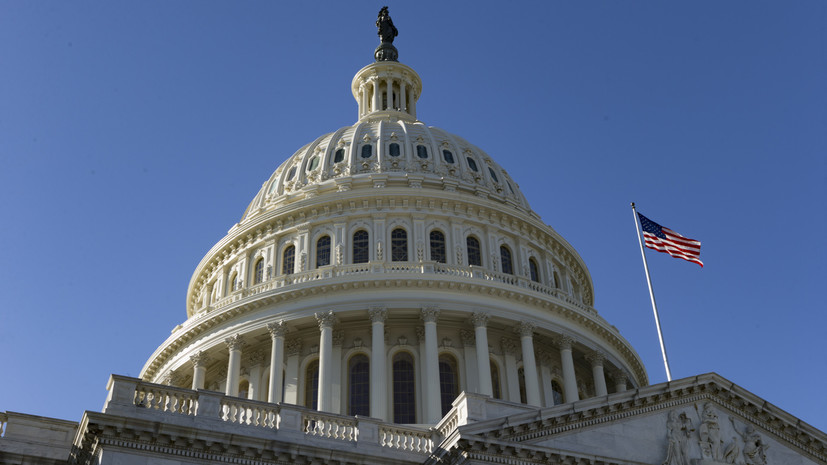The initiative belongs to Congressman Jim Banks. According to the press service of the politician, the bill is intended to limit access to research related to US national security, and thus reduce the leakage of confidential information to countries such as Russia, China, Iran and North Korea.
The paper notes that students from countries "hostile" to the United States can use the data to damage Washington.
"Students from states that are antagonistic with the United States may be subjected to unacceptable pressure or stimulation in order to persuade them to disclose to their countries information about technological developments or use restricted access information to adversely affect the United States," the bill says.
The congressman proposes to create a working group that will identify research studies containing restricted access information and inform universities about the risks and threats associated with such projects.
“Not later than a year after the law was passed, the Minister of Education, in consultation with the Minister of Defense and the Director of National Intelligence, should establish a working group on national security technologies in the Ministry of Education to combat the threat of espionage in higher education institutions”, explains in the document.
In addition, Banks proposes to verify the citizenship of students who wish to join research work. Students from countries such as China, the DPRK, Russia and Iran will need to get permission from the Director of National Intelligence of the United States. In this case, the list of countries can be expanded.
"We must move to decisive measures against hidden threats in the territory of educational institutions and limit the effectiveness of their information gathering missions," the congressman said in a statement.
The bill also prohibits the use of technology developed by a number of companies, including Kaspersky Lab and Huawei, in scientific works funded by the state. It is noted that they "are connected with the governments of China and Russia and cause concern to intelligence."
As American political scientist Alexander Asafov told RT, the United States can use science as a new direction for the next sanctions, primarily against Russia.
“All the topics for sanctions have already been used, it is difficult to find a new niche. Therefore, the next direction in which we can impose restrictions, hiding behind supposedly “security”, “threat” and other figures of speech, will be science, ”he said.
In 2017, the US Congress proposed to develop a program to protect American students from recruitment. In 2014, an instruction was published on the FBI website for American students who want to study abroad. This guide has collected advice for young people and recommendations on how not to become a victim of foreign intelligence services.

